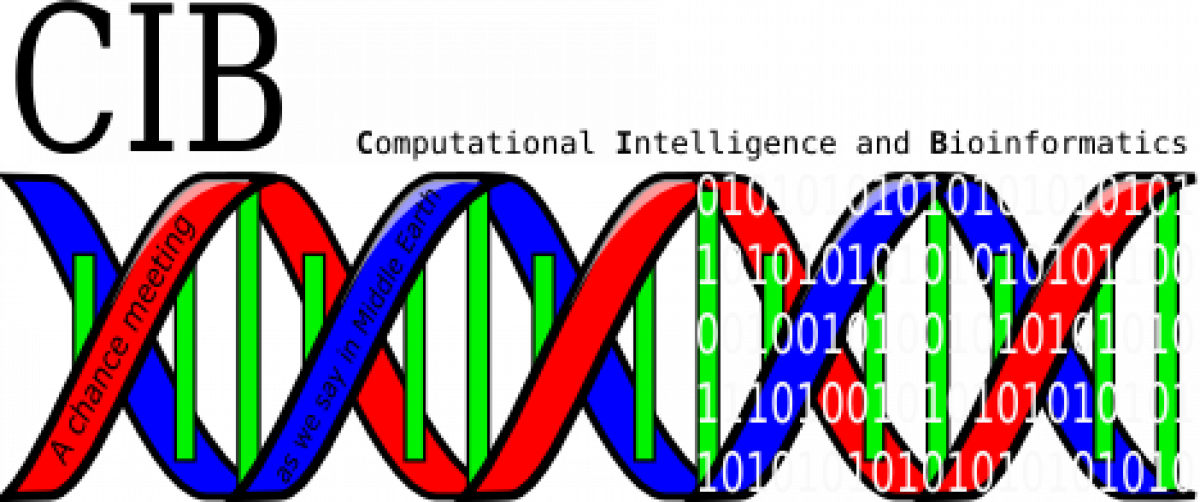Abstract: Multi-label classification is a paradigm of supervised learning that has gained increased attention in recent years. Multi-label classification deals with problems where each sample can simultaneously belong to multiple binary classes, termed labels within this paradigm.
The problem is more difficult than single-label classification. Low-density label datasets, noisy labels, and the complex relationships among the labels make the problem even harder. In this paper, we present a new approach, false flag labeling, based on modifying the labels of the instances of the training set to get a new training set able to improve the performance of the classification model. We assume that adding new relevant labels to the training set or removing relevant labels from it may improve the results of the learning algorithm, making the search for separation surfaces easier. We neither assume that the added labels correspond to the actual labels of the instances missed in the labeling process of the datasets, nor that the removed labels correspond to instances erroneously labeled. We use an evolutionary algorithm to approach the false labeling process as an optimization process. An extensive comparison using 50 datasets and seven different classification models demonstrates the advantageous performance of our approach.
N. García-Pedrajas, J. A. Romero del Castillo, A. de Haro-García (2024) “Improving the performance for multi-label problems through evolutionary label repopulation”, submitted.
Datasets:
Supplementary material
